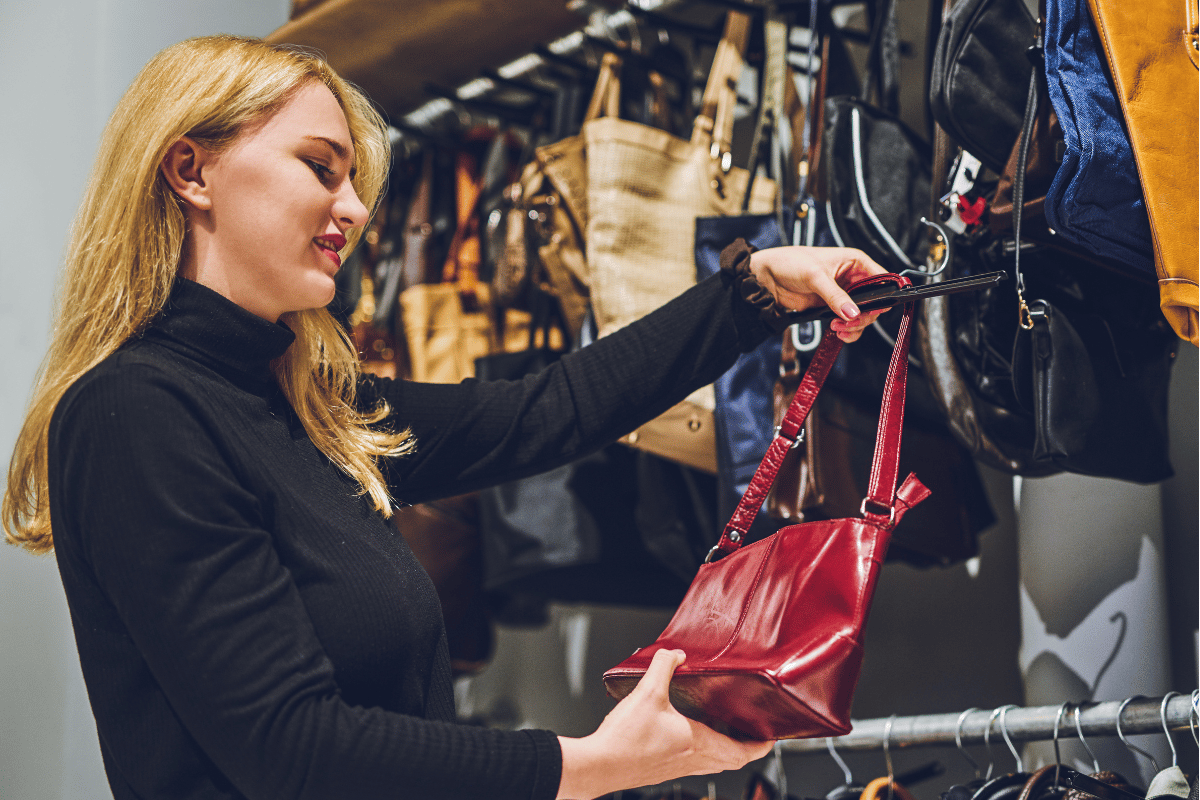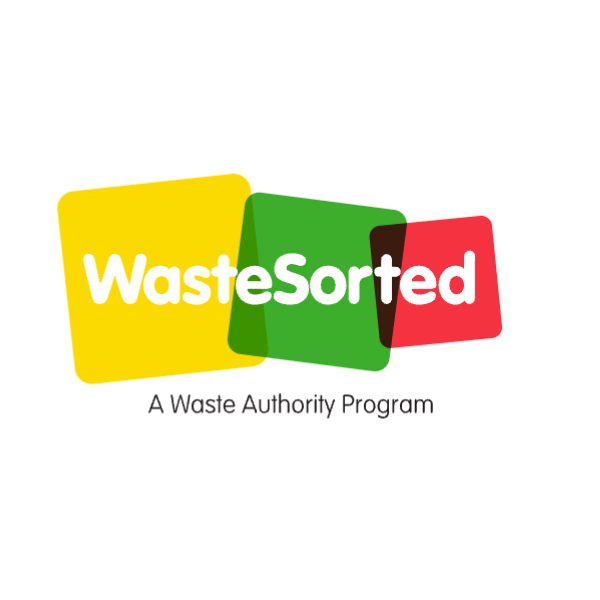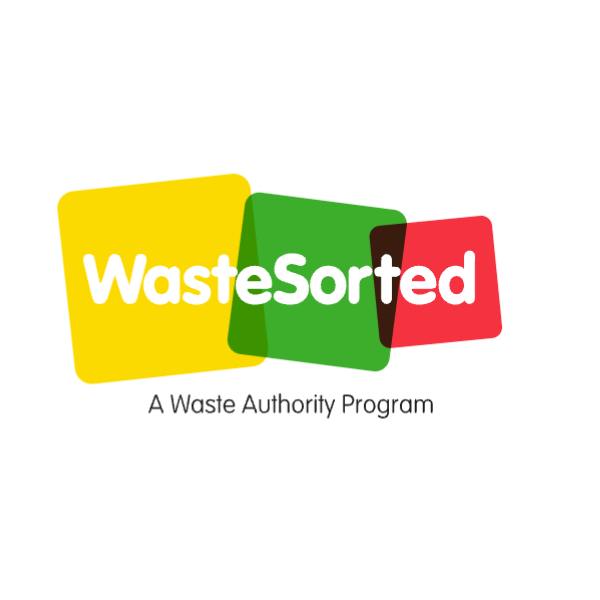

Have you ever looked at your overflowing bin and felt that familiar pang of guilt? You're definitely not the only one.
In today's fast-paced, throwaway world, it can feel like we're constantly swimming in a sea of packaging, plastic and... more packaging. It's overwhelming, to say the least.
But, before you spiral into a full-blown climate guilt meltdown, take a deep breath. Because doing your bit in waste reduction doesn't mean you have to move to the bush and live off-grid for the rest of your life.





























































































